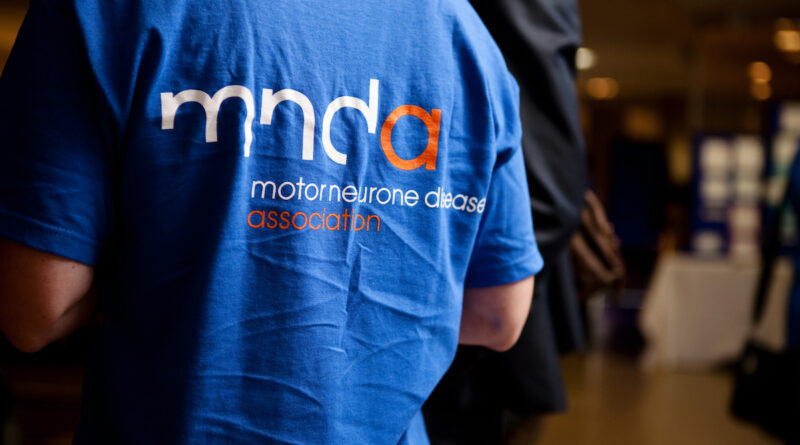Treatment and medicine
In addition to the treatments and remedies described on this page, there are many other supports available. Some of the main treatment options are listed below, with links to relevant pages and resources.
You may need different help at different levels, depending on your symptoms. All MND support is designed to improve quality of life with the disease.
Check out our directory Types of care and other web pages at:
You may come across medical terms and research when reading about MND – see our page on What do all the words and initials mean?
Physiotherapy and exercise
“Physiotherapy has helped me feel active.”
Physiotherapy can help you manage certain symptoms, such as fatigue, pain and stiffness in muscles and joints. After the test, you may be advised about appropriate exercises, assisted exercises or informal exercises where someone else moves your arms. Exercise cannot reverse or slow the progression of the disease, but it can improve comfort, improve joint flexibility and strengthen muscles not yet affected by the disease.
Check out our page at Movement and movement and information sheet 6A – Physiotherapy
For information on pain, see the information page 6C – Pain management.
Occupational therapy and equipment
“I’m still willing to move on with my changed life… my perspective has to change.”
An occupational therapy assessment looks at your daily living needs, in terms of quality of life. The main goal is to help you maintain your independence for as long as possible. This includes looking at how you complete tasks, as assistive devices and disability aids can help you hold, move and move. Adapting to your home environment can make your life easier. Tips on different ways of doing things can be very helpful for you and your caregivers.
Check out our page at Movement and movement and information sheet 11C – Wheelchairs and equipment.
Also check out our page at It requires testing, home care and home adaptation.
For information on pain, see the information page 6C – Pain management.
Language and communication support
“If I can’t say as much as I used to, I have to say it better. So the choice of words becomes important. ”
For an assessment of your needs, and guidance on speech therapies, techniques, voice banks and communication aids, ask your GP to refer you to a speech and language therapist with experience of working with MND.
Ours Communication Aids Service It can also provide guidance and assistance with selected loans. The service also works with professionals to help them understand the needs of people with MND, and to provide appropriate language and communication support. Get in touch MND Connect for service contact information.
“Now I know that there is help in terms of voice banking and communication aids, with people who are willing to do everything they can. This is very comforting. Thank you.”
For more information, see our page at Speech and communication and information sheet 7C – Language and communication support.
Complementary therapies
“The psychotherapist gently massages my feet, hands and arms, which gets my blood flowing and generally makes me feel good. These elections were conducted by the local hospital. ”
Complementary therapies do not replace conventional medicines and treatments, but work alongside them. These treatments include a wide range of options, such as massage, acupuncture, reflexology and more.
Some people find this type of support helps relieve symptoms, and reduce stress or anxiety. In most cases, these services will charge a fee.
See the video at the bottom of this page for an example of music therapy, a type of complementary therapy.
For more information, see the information page 6B – Complementary therapies.
For information on pain, see the information page 6C – Pain management.
Counseling and psychological support
Anyone in my position or similar will have fear, but the fear will not be the same.
If necessary, your GP can refer you to a counsellor, psychologist or other appropriate services for emotional and psychological support. There may be a waiting list, but a hospice or social worker can also offer counseling as part of their recovery service. .
Some people with MND experience changes in thinking and behaviour. These changes are usually mild, but they can be more severe. A small number may have frontotemporal dementia, which requires additional support. A diagnostic test from a trained professional, such as a neurologist or neurologist, can help determine if any changes are occurring and if they may affect your daily activities. .
“I need someone to help me make decisions now.”
Check out our page at Attitudes, thinking and behavior and the following guides:
#Treatment #medicine
